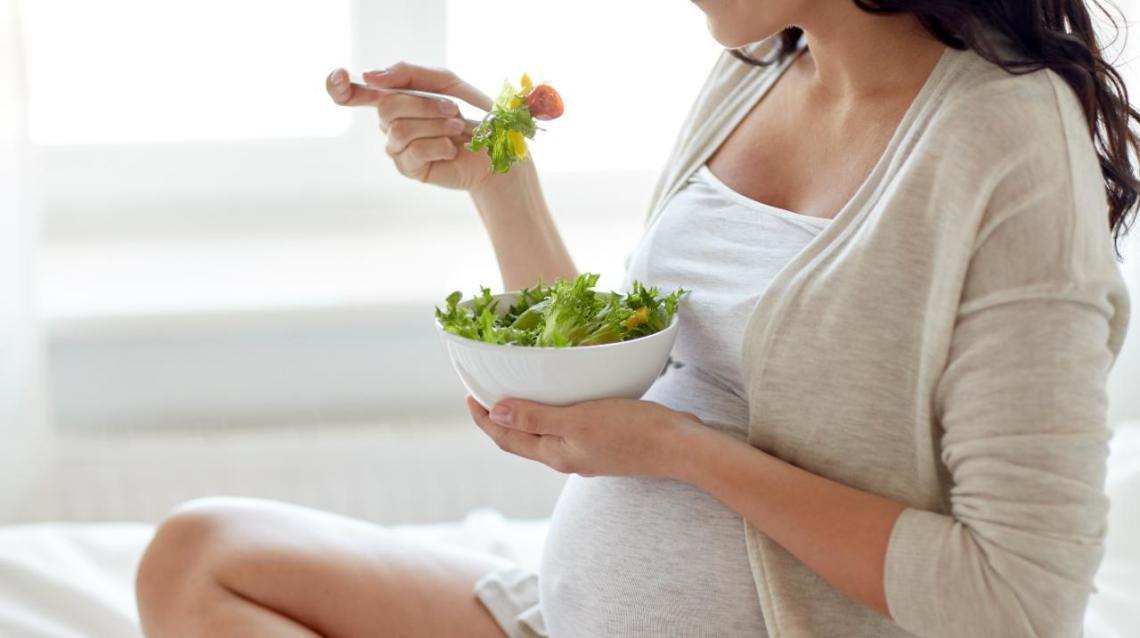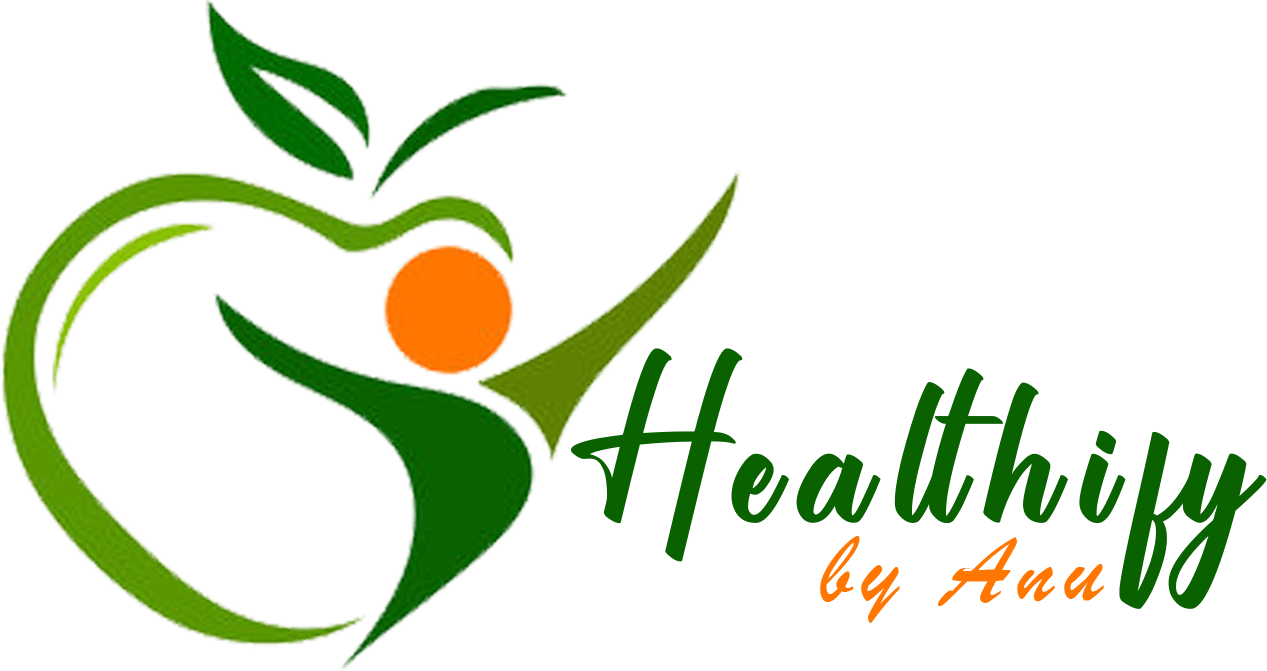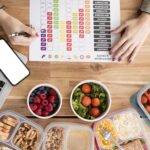Food and Pregnancy First Trimester Tips for a Healthy Start

Recent Posts :
Categories :
Posted on :
August 7, 2025
Share :
You and your baby grow quickly in the first three months of pregnancy. Your pregnancy diet prepares your body to carry a child. Eat well in the first 12 weeks more than ever. It grows your baby’s brain and organs and keeps your blood healthy and energised. To help you feel safe and sure of yourself during your early pregnancy, this blog about food and pregnancy first trimester tells you useful things about food and diet.
Why Is Nutrition So Important in the First Trimester?
The first 12 weeks of pregnancy are very important for the growth of the fetus. This is where the brain, heart, and spinal cord start to grow. Your body changes to help you get pregnant. A balanced, nutrient-rich Pregnancy Diet Plan can help the baby grow and lower your chances of getting sick, tired, or developing gestational diabetes.
What Should You Eat During the First Trimester?
Vitamins, minerals, and other nutrients are essential for a healthy pregnancy. Keep these in mind when you make your Pregnancy Diet Plan:
- Folic Acid-Rich Foods: These foods are essential for the growth of the neural tube. Adding oranges, spinach, beans, and grains that are rich in minerals and vitamins is a good idea.
- Protein sources: These are suitable for the baby's muscles and joints because they help them grow. Eat chicken, eggs, vegetables, and beans.
- Calcium and Vitamin D: These are suitable for babies' bones and will help them stay healthy. Add additional plant-based foods, milk, yoghurt, and cheese.
- Iron-Rich Foods: Help your body breathe and keep you from acquiring anaemia. Eat red meat, dried fruits, and fresh greens.
- Whole grains: They keep you from getting sleepy. Pick whole wheat bread, oats, and brown rice.
- Fruits and vegetables: They give you vitamins, protein, and hydration. Every day, eat a wide range of meals.
What Foods Should You Avoid?
Some foods are bad for babies’ health or growth and can make them more likely to get sick. Do not eat these things and keep an eye out for them:
- Raw or Undercooked Meats: Toxoplasma or Listeria bugs can be on this kind of meat.
- Unpasteurized Dairy Products: Foods made from milk that haven't been pasteurised may make you sick.
- Some seafood: Avoid swordfish, king mackerel, shark, and other fish that have a lot of mercury in them.
- Caffeine: Don't drink more than 200 mg a day, which is about a coffee.
- Alcohol and Smoking: If you are pregnant, you shouldn't smoke or drink either.
Conclusion
By being careful about what you eat, you can feed your baby well and stay healthy during this happy time. If you are pregnant, you should always talk to your doctor or a nutritionist about your specific needs of food and pregnancy first trimester. At HealthifybyAnu, we know that each pregnancy is unique. That’s why we make sure that pregnant women have a diet that fits their needs, changes as they go through each stage, and addresses any health concerns they may have. The pregnancy food chart we’ve carefully picked has iron, calcium, folic acid, protein, and other essential nutrients to ensure you and your baby receive optimal nutrition.
FAQs
Yes, you can get all the nutrients you need on a vegetarian diet if you plan it well. Eat a lot of high-protein plant-based foods and take extra iron, calcium, and B12 as needed.
During the first trimester, some women lose a little weight. You should see a doctor to rule out hyperemesis gravidarum if you haven’t been able to eat or drink for more than 24 hours.




